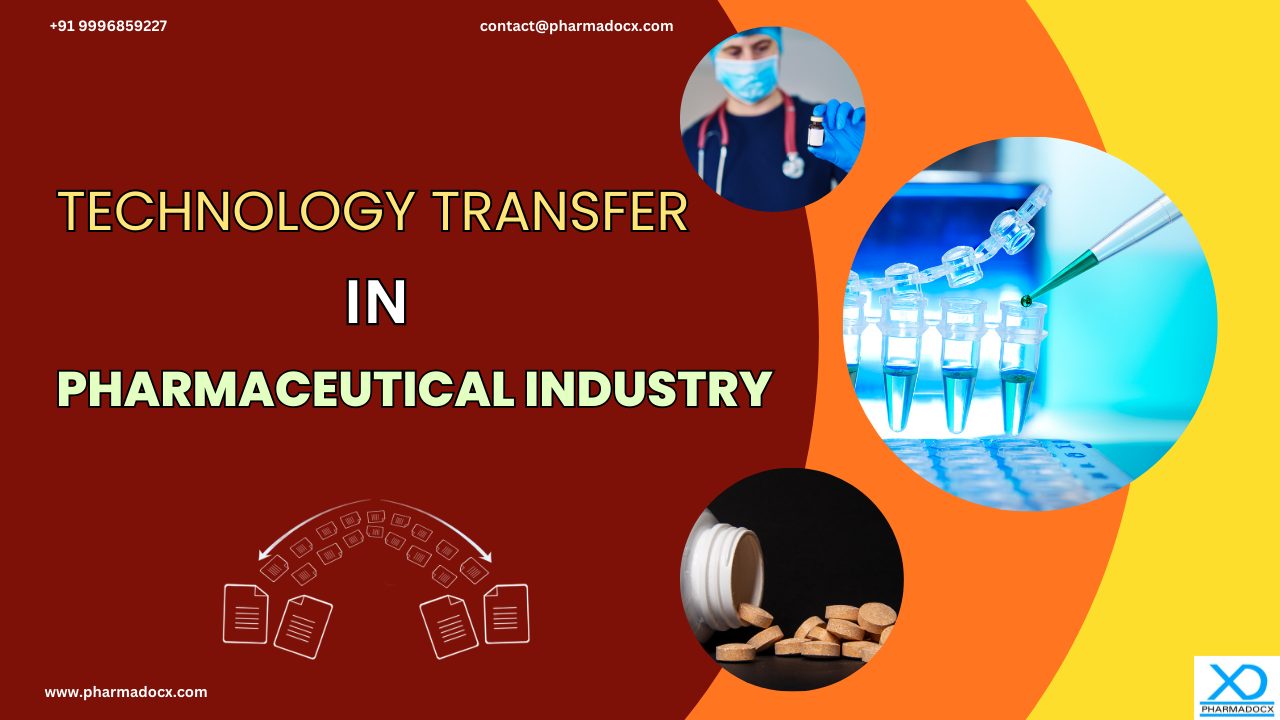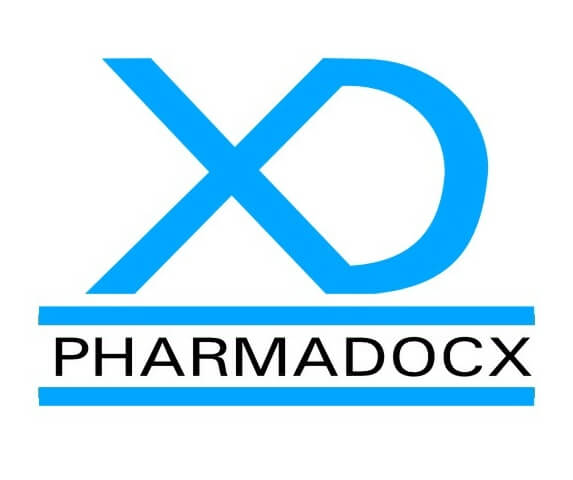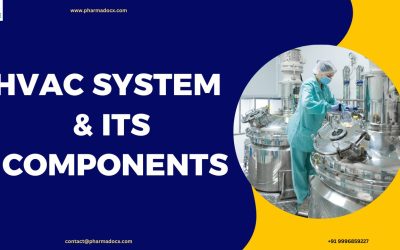Pharmaceutical industry technology transfer is vital to improve the quality of drugs available in the market. It is essential for drug discovery and development of new medicinal products. Herein, we have detailed what is technology transfer in pharmaceutical industry, its need, and steps involved. Additionally, we have provided some tips for a successful technology transfer.
What is technology transfer?
In general, technology transfer is the transfer of knowledge and technology between two parties. The transfer process is planned in a way to ensure interests and intellectual property rights of both parties are preserved. Additionally, technology transfer helps companies market technologies with promising commercial potential developed in research organisations. Thus, technology transfer is a systematic procedure of transferring documented knowledge and experience gained during development/commercialization to a third party.
What is technology transfer in pharmaceutical industry?
Technology transfer in pharmaceutical industry is the systematic transfer of knowledge on a drug and its manufacturing processes. This transfer can be between a research lab and commercial manufacturer or between two manufacturers. It is a critical step in drug development and commercialisation and can be performed at any development stage. Pharmaceutical technology transfer is used in the scale-up of a drug from pilot batch to large-scale commercial production.
This transfer of knowledge can be used to transition the drug from the development stage to commercial production. Additionally, it can be used to transfer the knowledge on an existing drug from one manufacturer to another owing to facility change, company merger, or acquisition.
Parties usually involved in pharmaceutical technology transfer are:
- Academia and private sectors
- Academia and government sectors
- Two private sectors
- Two government sectors
The need for technology transfer in pharmaceutical industry
- Lack of resources to commercially launch the drug: The research lab may only have resources to conduct early-stage research, such as animal studies and toxicology study. The scientists/researchers may not have resources to transition the drug through its clinical and regulatory phases to the market. Thus, technology transfer in pharmaceutical industry can be used to transition the drug from the lab bench to the market.
- Lack of large-scale manufacturing capacity: The developer of the drug may only have a small-scale manufacturing capacity. Hence, collaboration with another organization is required for large scale manufacturing. This can help scale-up a drug from the pilot batch to large-scale commercial production.
- Diversification in the field of application: The developers/manufacturers of the drug may have the capacity to apply the drug to one particular field. They may extend the right to a commercial partner for applying the drug to a wider field.
- Lack of resources to market and distribute the drug: The developer may have resources to develop the drug and obtain regulatory approvals. However, the developer may not have the resources to market and distribute the drugs. This is where the commercial partner will come to the rescue of the developer.
Pharmaceutical technology transfer applications
- Expanding from lab-scale to a large commercial-scale
- Manufacturing the drug for clinical trials
- Addressing quality issues identified at a manufacturing facility
- Increasing the production capacity of the drug
- Moving operations from one country to another
Key elements for a successful technology transfer
Technology transfer is one of the most important aspects of the pharmaceutical industry. Thus, it is vital to understand the key parameters that will lead to a successful technology transfer.
- Define the aim of the transfer
- Understand the needs of the parties involved
- Check whether the intellectual property rights of all parties involved are protected
- Plan the license agreement deal
- Determine the benefits of transferring the technology
- Chalk out a clear timeline and plan for transferring the technology
- Monitor and follow-up on the progress and alter the strategy if needed
Steps involved in technology transfer in pharmaceutical industry
Systematic transfer of knowledge is required to ensure the quality and efficacy of the drug developed in R&D is the same in the final commercial product. During the early phases of development of the drug formulation, critical and non-critical parameters of the manufacturing process, production environment, equipment and excipient availability should be considered. It is vital to taken into account these factors so that a successful scale up can be carried out.
An outline of the steps involved in technology transfer
- Development of the drug and manufacturing process by the research and development unit
- Technology transfer from the research and development unit to the production unit
- Optimization of the manufacturing process and commercial production of the drug
- Proper documentation of the technology transfer
5 factors to consider when choosing a commercial manufacturing partner
Choosing a suitable commercial manufacturing partner is vital for the research and development unit. The appropriate manufacturing partner has a pivotal role in the successful commercial marketing of the drug you have developed.
As the research and development unit, you can consider the following factors when choosing your potential commercial partner:
- Expertise: Do they have the expertise to manufacture your drug? Have they previously carried out a successful technology transfer? Have they successfully commercial manufactured and marketed similar drugs?
- Manufacturing facility and equipment: Do they have the machinery and equipment to manufacture your drug? Is their equipment compatible with the manufacturing process for your drug? Do they have the flexibility to adapt as and when needed?
- Reputation: What is their reputation in the pharmaceutical industry? Are they responsive and effectively communicating with you?
- Regulatory compliance: Does the manufacturer comply with all applicable regulatory guidelines? Does the manufacturer have all the required licenses to manufacture your drug?
- Manufacturing capacity: Do they have the sufficient capacity and resources to meet the market demand for your drug? Can they scale up their manufacturing capacity in case of increase in demand?
Barriers in pharmaceutical technology transfer
You may encounter certain hurdles while performing technology transfer in pharmaceutical industry.
- Unsuccessful or incomplete process validation
- High batch rejection rates, excessive labour requirements, increased cost of the finished product
- Delayed regulatory approval leading to delay in launch of the drug
- The drug does not show specifications as intended
- Low market share and demand
- Incomplete documentation
- Inability to meet international quality standards, thereby losing access to the international market
Relevance and importance of technology transfer in pharmaceutical industry
- Transitioning the drug from the development stage at the R&D unit to commercial manufacturing by systematically sharing the knowledge.
- To transfer existing knowledge on drug development and manufacturing process to scale up production.
- Pharmaceutical industry technology transfer is not just limited to knowledge transfer. Skills and experience related to the manufacturing process and requirements are also transferred.
Checklist for a successful pharma technology transfer
We have curated this checklist to guide you while performing technology transfer in pharmaceutical industry.
- A technology transfer protocol detailing what will be transferred, necessary steps, group responsibilities, and expected outcomes.
- Drug Components
- Excipients
- Intermediates
- Manufacturing process details, critical process parameters, and critical quality attributes
- Final drug products that will be manufactured
- Detailed analytical methods
- Technical gap analysis. The potential gaps that may arise between the donor and receiver while transferring the technology.
- An evaluation of the level of preparedness for the technology transfer.
- Flexibility and responsiveness required to adjust the pharmaceutical manufacturing process or equipment as the situation demands.
Technology transfer has a vital role in the success of the pharma industry
After a successful transfer of knowledge and technology, details should be carefully documented for future reference. Furthermore, a comparability assessment should be performed to confirm the success of the technology transfer. Moreover, familiarization runs should be performed and documented before the validation run begins. Technology transfer is of vital importance to small pharma start-ups as well as pharma giants.
Diligent planning, precise documentation, systematic procedures, and well-planned strategies are the key to a successful technology transfer in pharmaceutical industry. We at Pharmadocx Consultants will provide all the support you need to start your pharma company. Simply drop an email at [email protected] or call/Whatsapp on 9996859227. Avail our pharma services for a hassle-free journey of establishing a pharma company.





